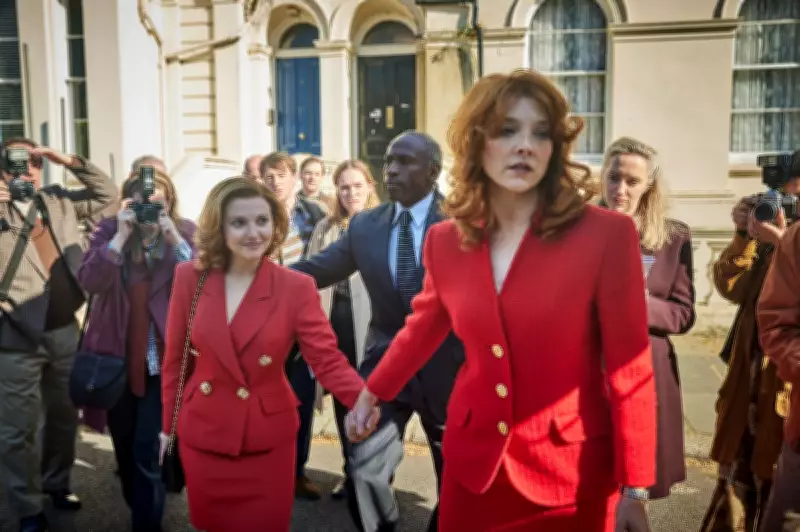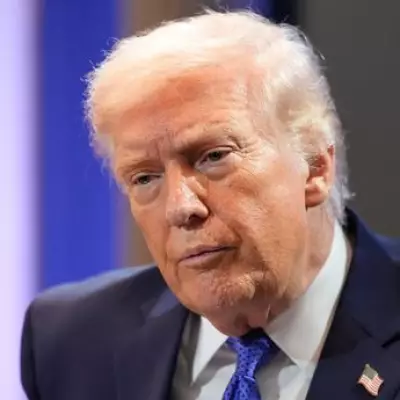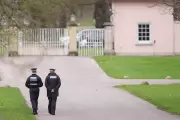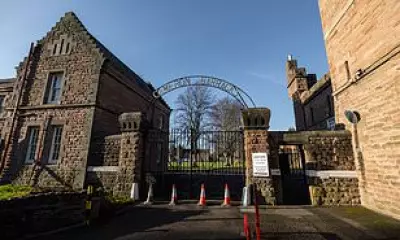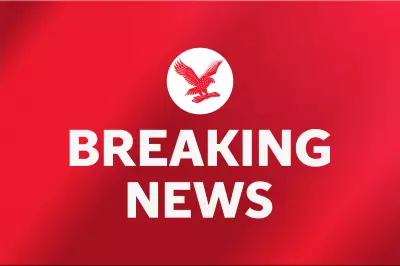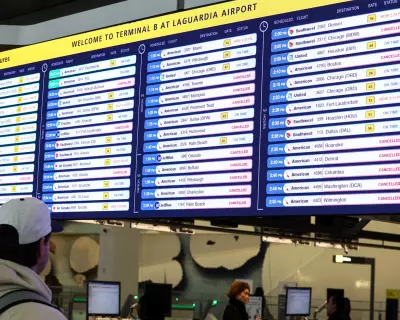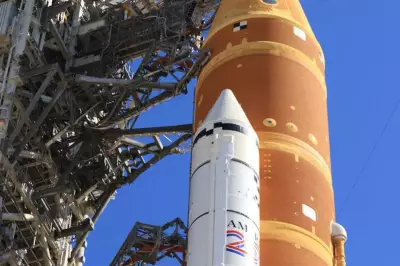Entertainment
Isabel Lucas Shares Unusual Placenta Ritual After Welcoming Son Archer
Home and Away star Isabel Lucas reveals she buried her son's placenta under a tree on her Byron Bay property, calling it a 'living prayer' and closure after birth.
Sports
Four Premier League Players Suffer Racist Abuse in 'Appalling Weekend'
Wolves' Tolu Arokodare and Sunderland's Romaine Mundle are the latest victims of racist social media abuse, following Chelsea's Wesley Fofana and Burnley's Hannibal Mejbri, prompting condemnation from clubs and anti-discrimination groups.
Politics
Trump Weighs Targeted Iran Strike with Potential Larger Follow-Up Attack
President Trump is reportedly planning a targeted strike on Iran if negotiations fail, with a potential larger assault to topple leadership later this year, as US forces mass in the region.
Crime
Father's Five Words After Arrest for Murder of Convicted Rapist Intruder
Ben Batterham faced murder charges after tackling a convicted rapist who broke into his daughter's bedroom. The intruder died from drug-related heart issues, not the restraint.
Health
Weather
NYC Mayor Declares Emergency and Travel Ban for Blizzard
New York City Mayor Zohran Mamdani has declared a local state of emergency and issued a travel ban as the city prepares for its first dangerous blizzard in over a decade, with up to 24 inches of snow forecast.
NYC Mayor Declares Emergency and Implements Travel Ban
New York City Mayor Zohran Mamdani has declared a local state of emergency and ordered a travel ban as the city prepares for its worst blizzard in over a decade, with schools closed and non-essential vehicles restricted.
Thailand Hit by 6.5 Magnitude Earthquake After Borneo Quake
A significant magnitude 6.5 earthquake has struck Thailand, as reported by the German Research Centre for Geosciences. This seismic event follows a magnitude 6.8 quake in Borneo, highlighting regional tectonic activity.
US Northeast Braces for Blizzard with Heavy Snow and High Winds
A severe winter storm is hitting the US Northeast, with blizzard warnings from Maryland to Massachusetts, over 6,000 flights cancelled, and residents urged to stay indoors.
East Coast Blizzard: 12,000 Flights Delayed, 18 Inches Snow Forecast
A severe nor'easter batters the East Coast, causing massive flight cancellations and delays while forecasters predict up to 18 inches of snow and dangerous blizzard conditions across multiple states.
Tech
Get Updates
Subscribe to our newsletter to receive the latest updates in your inbox!
We hate spammers and never send spam
Environment
Weekend Sports Quiz: Football, Cricket & Rugby Special
Enjoy our weekend sports quiz with 100 questions about British football, cricket, and rugby. A great way to relax and test your sports knowledge during the weekend!


